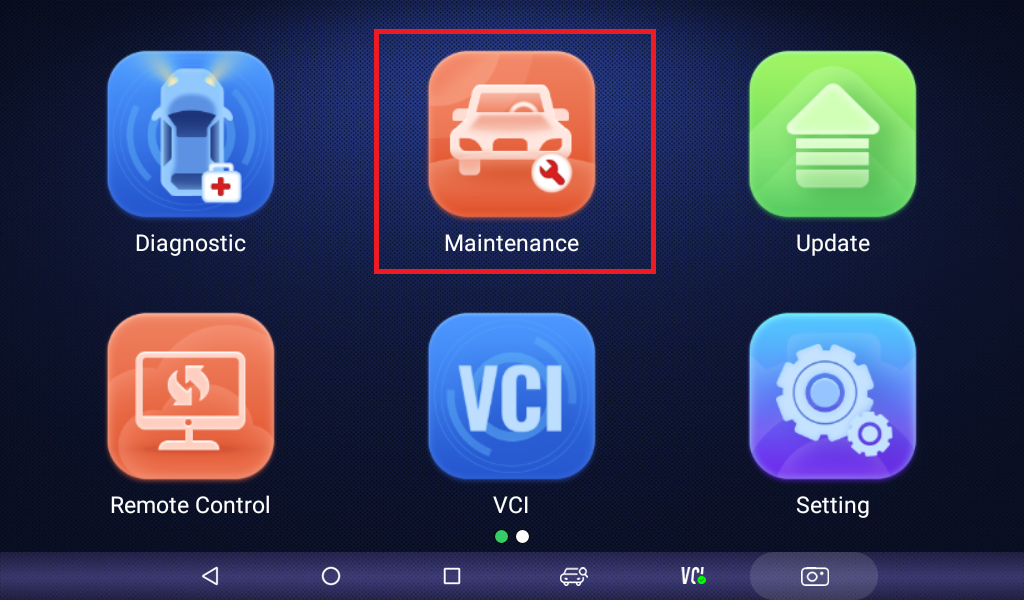Bleed Your ABS System with Car Diagnostic Tool
2023-02-21 by UDIAG
What Is ABS & How Does It Work?
ABS is an advanced safety system that prevents the wheels from locking up during sudden braking or slippery conditions. The system works by detecting when a wheel is about to lock up, then rapidly pulsing the brakes to prevent the wheel from completely stopping. This allows the driver to maintain control of the vehicle and steer around obstacles.
ABS works by using sensors to detect the speed of each wheel. If one wheel starts to slow down faster than the others, the ABS system will reduce the braking force to that wheel until it regains traction. This process is repeated several times per second, which creates the rapid pulsing sensation that drivers often feel when the ABS system is activated.
What Is ABS Bleeding & Why Is It Necessary?
ABS bleeding is the process of removing any air bubbles that may have entered the ABS system. Air bubbles can enter the system during repairs, brake fluid replacement, or other maintenance tasks. These air bubbles can cause the ABS system to malfunction, reduce braking performance, and potentially even cause accidents.
ABS bleeding is necessary to ensure that the ABS system is functioning properly and to maintain the safety of the vehicle. Without proper ABS bleeding, air bubbles can interfere with the proper operation of the ABS system, leading to reduced braking performance and potentially dangerous driving conditions.
Tool To Bleed Your ABS System
UDIAG X-series Diagnostic Tablet has more than forty kinds of maintenance functions, such as ABS Bleed, Ajuste, AT Adaption, Adblue, Oil Light Service, EPB, Battery Configuration, and so on.


FAQs
Q1: How do I know when the ABS system has been properly bled?
A1: When the ABS system has been properly bled, the brake pedal should feel firm and responsive. There should be no pulsing or vibrating sensation when the brakes are applied, and the stopping distance should be consistent with normal braking performance.
Q2: Can improve braking performance with ABS bleeding?
A2: Yes, bleeding the ABS system can improve braking performance by ensuring that the system is free of air bubbles that can interfere with the proper operation of the system.
Q3: Can I bleed the ABS system myself, or do I need to take it to a mechanic?
A3: Bleeding the ABS system can be a complex and potentially dangerous process, and it’s always recommended to have the system serviced by a certified mechanic. Attempting to bleed the ABS system without proper training and equipment can result in injury, damage to the vehicle, or even death.
Conclusion
In conclusion, ABS is a vital safety feature that helps prevent accidents and maintain control of the vehicle during sudden braking or slippery conditions. Proper ABS bleeding is necessary to maintain the safety of the vehicle and ensure that the system is functioning properly. If you experience any symptoms of air in the ABS system, it’s important to have the system checked by a certified mechanic as soon as possible.


